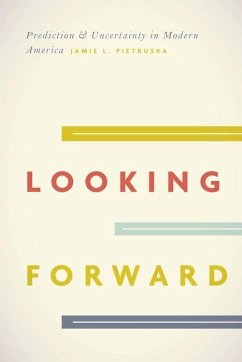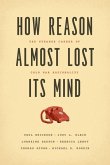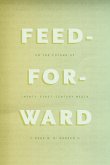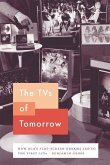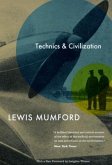Looking Forward puts some new spins on the old saying, "the future lies ahead." Pietruska's book is a history of forecasting in the United States from the 1860s to the1920s that reveals how methods of forecasting and ideas about uncertainty changed as institutions and individuals reckoned with what novelist Edward Bellamy noted as the "specter of Uncertainty" in the late 19th century. In that context, prediction became a ubiquitous scientific, economic, and cultural practice, and forecasts, accurate or not, offered illusions of control over one's future in what William Dean Howells recognized as the "economic chance-world" emerging at this time. Pietruska examines controversies over the production, circulation, and contestation of crop estimates, weather forecasts, economic predictions, and the predictions of fortune-tellers in order to uncover the social lives of forecasts that Americans used to mitigate risk in daily life. The book's overarching argument revises historians' understanding of the late nineteenth and early twentieth centuries as a "search for order" by demonstrating that a search for predictability yielded just the opposite: acceptance of the economic and cultural uncertainties of modern life. The search for order and the forces of chance and contingency may seem at odds, but Pietruska reconciles the two frameworks by recasting the 1860s to the 1920s as a period in which government bureaucracies, information networks, and professional forecasters came to accommodate the very uncertainties they had originally sought to conquer. As a cultural history of scientific and popular forecasting from the Civil War to World War I, this book grapples directly with a profound issue: how do we produce knowledge about the future?
Hinweis: Dieser Artikel kann nur an eine deutsche Lieferadresse ausgeliefert werden.
Hinweis: Dieser Artikel kann nur an eine deutsche Lieferadresse ausgeliefert werden.

